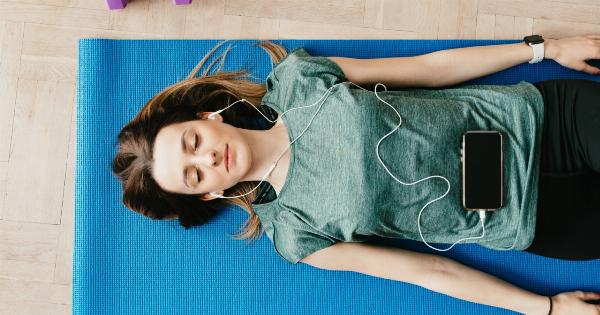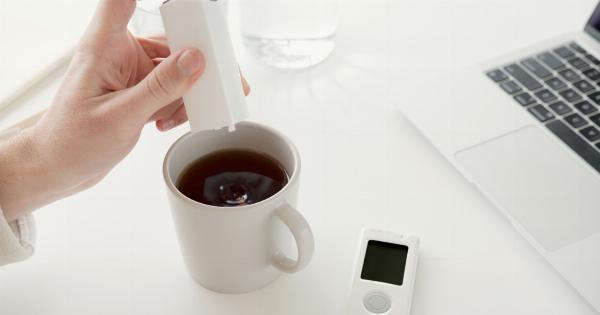When it comes to long drives or late-night journeys, many individuals rely on coffee as a means to stay alert and focused on the road. Coffee, with its caffeine content, serves as a stimulant that can help combat fatigue and drowsiness.
However, it’s important to understand how to maximize your coffee consumption for safe driving. In this article, we will explore various factors and tips to consider to ensure that your coffee intake enhances your driving experience rather than hinders it.
Understanding the Effects of Coffee on Driving
Caffeine, the key ingredient in coffee, acts as a central nervous system stimulant. It stimulates the brain by blocking the neurotransmitter adenosine, which is responsible for promoting sleep and relaxation.
By doing so, caffeine increases alertness, reaction time, and attention.
When consumed in moderation, coffee can improve driving performance by reducing the risks of drowsiness and fatigue.
However, excessive consumption or reliance on coffee alone can lead to negative effects such as increased heart rate, jitteriness, anxiety, and even insomnia. Therefore, it’s crucial to strike a balance with your coffee intake to ensure safe driving.
Timing Your Coffee Consumption
The timing of your coffee consumption plays a significant role in its effectiveness while driving. Below are a few points to consider:.
1. Pre-drive Coffee
If you know you have a long drive ahead, consuming a moderate amount of coffee around 30 minutes before starting can help you feel more awake and focused by the time you hit the road.
2. Coffee Breaks
Plan regular coffee breaks during your journey. Taking short breaks every two to three hours can help combat driver fatigue, and a cup of coffee during these breaks can provide an extra boost.
3. Avoid Late-night Consumption
It’s best to avoid consuming coffee or caffeine-rich beverages too close to bedtime, as it may interfere with your sleep cycle. Restful sleep is crucial for being well-prepared and attentive during your next drive.
Optimal Coffee Dosage
While coffee can enhance driving performance, excessive consumption can have adverse effects. It’s important to find the optimal dosage for your body. Here are some guidelines:.
1. Moderate Amounts
Two to three cups of coffee per day (around 200-300 mg of caffeine) is generally considered safe for most individuals. However, individual tolerance may vary, so pay attention to how your body reacts to caffeine and adjust accordingly.
2. Know Your Limits
Avoid exceeding more than four cups of coffee in a day or consuming high-caffeine energy drinks alongside coffee, as it can lead to overstimulation and restlessness.
3. Gradually Reduce Consumption
If you’re planning a long car journey and want to maximize the effects of coffee, it’s advisable to gradually reduce your caffeine intake in the days leading up to the trip.
This can improve your sensitivity to caffeine, making it more effective when you need it the most.
Additional Tips for Safe Driving
1. Stay Hydrated
Drinking water alongside your coffee is essential to avoid dehydration. Dehydration can exacerbate fatigue and reduce alertness, which can potentially counteract the positive effects of caffeine.
2. Take Regular Breaks
Driving for long hours without breaks can lead to decreased focus and concentration. Make it a point to stop, stretch, and rest your eyes every couple of hours.
3. Consider Other Factors
While coffee can aid in staying awake, it’s important to address the root causes of fatigue. Get sufficient sleep before embarking on your journey, avoid driving during late nights, and plan your trips to allow for regular sleep patterns.
4. Don’t Rely Solely on Coffee
Although coffee can help combat drowsiness, it should not be used as a substitute for adequate rest. If you find yourself feeling excessively fatigued, it’s best to pull over and take a power nap in a safe location.
Conclusion
Coffee, when consumed in moderation and with proper timing, can enhance alertness and driving performance. Understanding the effects of coffee on your body and finding the optimal dosage will help you maximize its benefits.
Combined with adequate rest, hydration, and breaks during your journey, coffee can be a valuable tool for safe driving.





























